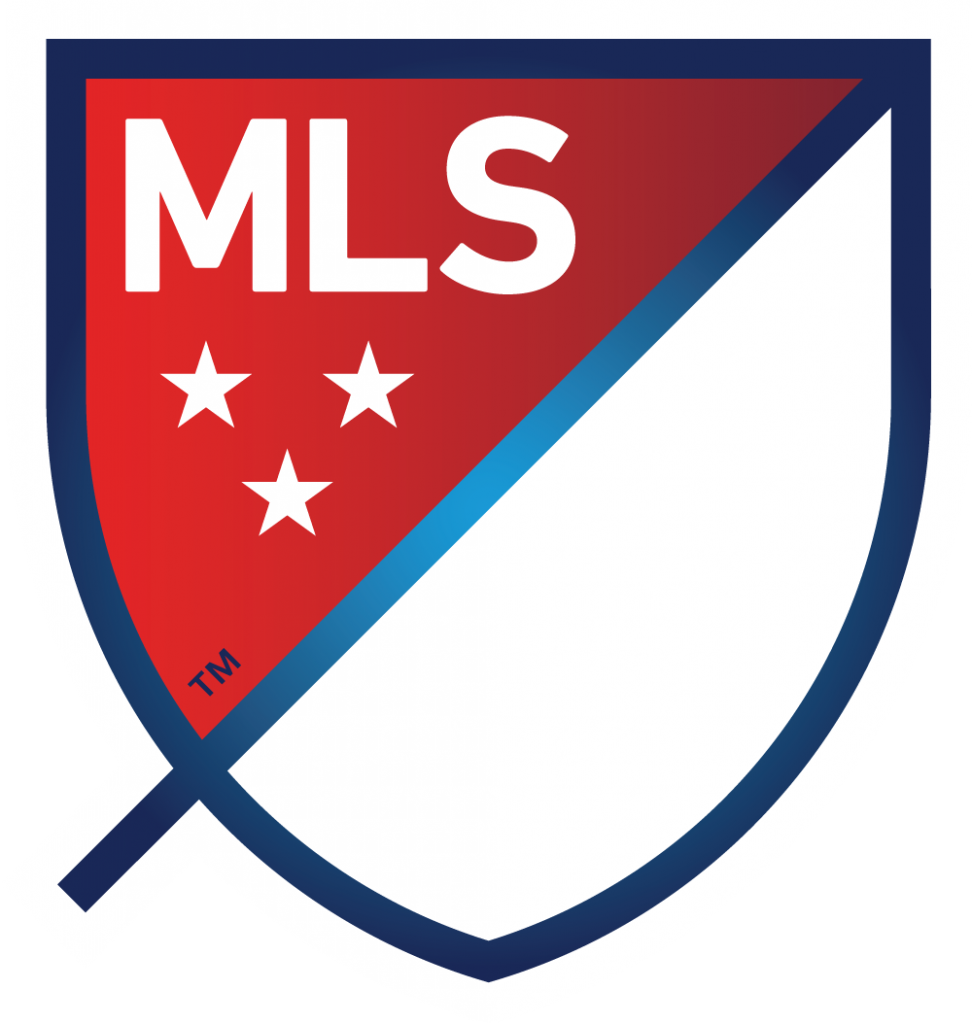There were many flaws with the plan.
About a four years ago, Major League Soccer decided to expand and look for four cities that had owners and public money that wanted an MLS team. It was assumed that it would be a smooth process. It was not. Paperwork was submitted from investors in Charlotte, Cincinnati, Detroit, Indianapolis, Nashville, Phoenix, Raleigh, Sacramento, St. Louis, St. Petersburg, San Antonio, and San Diego. But most of the proposals turned out to be worthless. St. Louis voters turned down a chance to put up public money for a soccer stadium. St. Petersburg, Florida voters said yes to a proposal to renovate Al Lang Stadium through a lease deal as long as the owner of the proposed MLS expansion team paid for the revamping of the facility. The Major League Soccer expansion committee was not interested in St. Petersburg. Eventually the committee whittled down the list to four cities, Cincinnati, Detroit, Nashville and Sacramento. The league eventually found governments that agreed that landing an MLS team and investing money into buildings was the right thing to do in Nashville and in Cincinnati.
The MLS went into Austin, Texas after the owner of the Columbus Crew decided the Ohio capital was not for him. League administrators found a group to take over the Crew’s business to keep the team in Columbus and let the Crew’s old ownership group to take an expansion franchise in Austin. In 2019, the league brought in two more sets of willing owners in St. Louis and Sacramento. Then a 30th team came in, David Tepper got the Charlotte expansion franchise. Now it appears Sacramento is not going to be part of the league as the Sacramento group’s major investor Ron Burkle has pulled out of the business. Finding major money for a Sacramento bid was initially a problem and has re-emerged as a problem.









